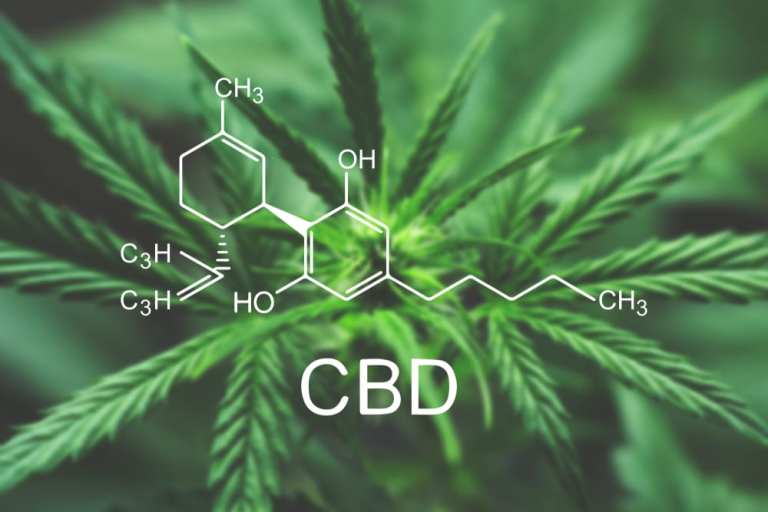Creating A Mainstream US CBD Market

CBD has in short order become something of a retail fad. Short for cannabidiol, CBD is a chemical derived from cannabis plants that is increasingly favored for a whole host of medical and wellness related applications across the retail spectrum. Its use has become incredibly trendy – a shopper can find CBD pet products, skincare items and more, on the shelves of grocery stores and high-end department stores alike.
Because CBD products suddenly seem to be everywhere and anywhere consumers frequent, it can be easy to overlook the fact that CBD is a legally complicated product. Unlike THC, the psychoactive ingredient in most cannabis products, CBD occurs naturally in both marijuana plants and hemp plants. As of 2018, when the Farm Bill formally made hemp legal, the CBD products derived from it also became legal.
CBD derived from cannabis plants, on the other hand, remains illegal – though according to most experts, that difference is not necessarily obvious from a chemical perspective. The legal stand-in is to ban CBD products containing trace amounts of the active ingredient in cannabis that isn’t found in hemp, THC (unless cannabis-derived products also happen to be legal in the state).
“Although some CBD products are now legal federally in the U.S., many remain illegal – particularly nearly all ingestible products and those containing more than trace amounts of THC,” LegitScript’s CEO John Horton explained to PYMNTS in an interview.
Further complicating matters, CBD is regulated on a state-by-state basis, meaning products legal in one place might flip to illegal if one drives a few miles over the wrong state line. CBD products may be “everywhere,” Green Growth Brands CEO Peter Horvath said, but knowing what one is getting, how it was made and whether or not one is even allowed to have it pose more complex questions in a market like the U.S.
Ohio-based Green Growth Brands is a publicly-traded cannabis firm that has a simple but pretty expansive mission.
“We aim to become the leading cannabis retail company worldwide,” Horvath explained, noting that while much of the focus in the cannabis industry has thus far been on the production end, Green Growth is focused on the retail side. Specifically, they aim to create a buying experience that is pleasant and, for lack of a better term, “normal” for consumers. The firm’s strength, Horvath said, is that it brings a wealth of experience to manufacturing and packaging products and creating both in-store and digital retail opportunities – quickly and at scale.
Which is why, Horvath noted, the company found itself expanding into the U.S. retail CBD space with an extensive line of health and wellness products, under the brand name Seventh Sense. Previously tested in a handful of small kiosk locations, the brand announced the full rollout of an extensive eCommerce portal earlier this year.
“We created Seventh Sense Botanical Therapy products because when we looked for these types of products in the marketplace, there simply weren’t any,” said Horvath. “We wanted to create world-class products that were made with high-quality, hemp-derived CBD.”
The digital expansion in early 2019 was paired with an announcement that the brand would be pairing with mall operator Simon to bring 108 Seventh Sense shops to “prime retail locations” throughout the country.
Will it be enough to save the mall? Probably not. But it will serve as a second front in an introduction process to consumers who may be curious about CBD products, but hesitant to “buy something unknown at a gas station.”
Because, like the rest of cannabis, CBD is a growing business, but is also complicated and emerging. Green Growth is betting that getting in on the ground floor and building the retail experience alongside the industry will be the best way to capture early advantage. Because the market is indeed growing in the U.S. – CBD alone is forecast to be worth $16 billion by the year 2025.